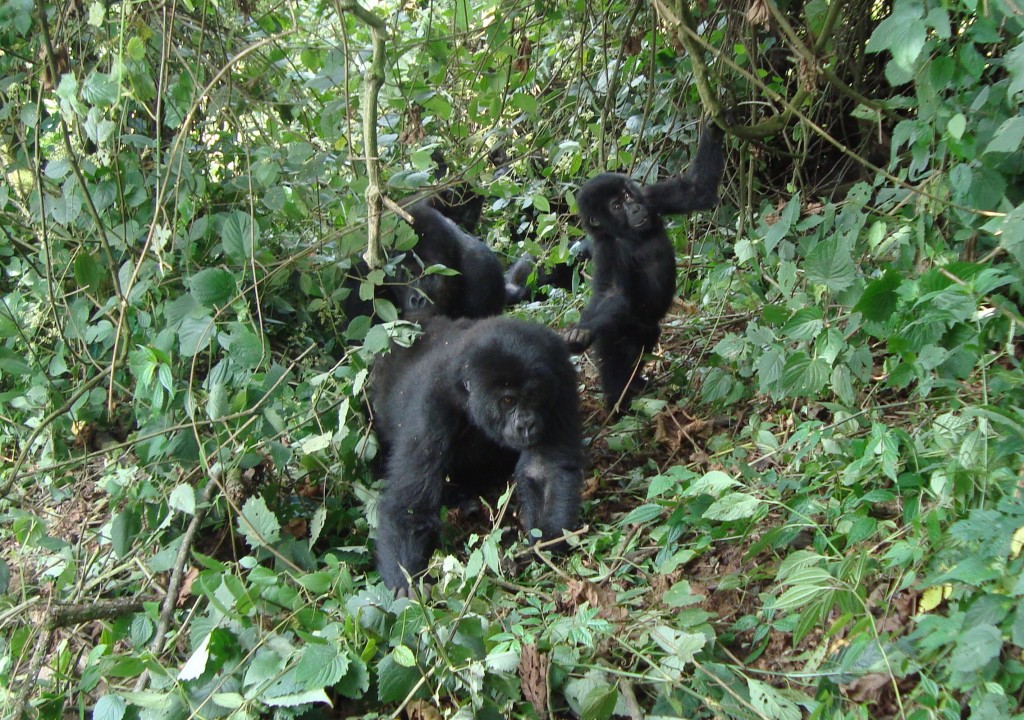[Our second weekly guest blog comes courtesy of Richard Milburn, a PhD student in the Department of War Studies. The views presented do not necessarily reflect those of King’s Sustainability]

Eastern Lowland Gorillas in Kahusi-Biega National Park. Picture courtesy of the Pole Pole Foundation, a Congolese charity working to protect eastern lowland gorillas in the DRC and promote the sustainable development of surrounding communities (www.polepolefoundation.org)
Many of the world’s most iconic and endangered wildlife species are affected by war: tigers by ongoing insecurities in Assam, India; snow leopards by conflict in Afghanistan; and elephants and rhinos falling victim to conflicts all over sub-Saharan Africa. The Democratic Republic of Congo (DRC), where wars of different intensities have raged for the last two decades and which remains insecure to this day, is home to the Mountain Gorillas, the rare Okapi gazelle, the Bonobo and the world’s second largest tropical rainforest after the Amazon. Even outside of warzones, the effects or organised criminal poaching for the illegal wildlife trade is causing large losses of wildlife and creating insecurity for the people living around those animals, a situation which is perhaps best exemplified by rhino poaching in South Africa.
While war can be very damaging for wildlife and the environment as a whole, it can also be a most effective form of conservation. Areas such as the Korean Demilitarised Zone, where humans fear to tread, have become de-facto nature preserves. In such places, peace is more of a danger to the environment than war, for when peace comes intensive resource extraction often follows both to rebuild nations in the aftermath of war and to exploit previously inaccessible resources.
In spite of the many links between conservation and war, it remains an often overlooked topic. To help address this, the Marjan Centre for the Study of Conflict and Conservation was established in the War Studies Department. In addition to publishing articles and offering an MA module on this topic, the centre holds regular talks delivered by conservation and conflict experts and experienced practioners, and each year presents the Marjan-Marsh Award, in partnership with the Marsh Christian Trust, to an exceptional conservationist working in a region of armed conflict.

War-damaged gorilla statue in Bukavu, DRC. Picture courtesy of the Pole Pole Foundation
Outside of the College, November 6th has also been set aside by the UN as the International Day for Preventing the Exploitation of the Environment in War and Armed Conflict to highlight the damaging effects of war on the environment, such as: the use of the defoliant Agent Orange in Vietnam; the burning of oil wells in Iraq and Kuwait; and the ongoing impacts of war on the environment around the world, which are summarised in a very good recent article by the Guardian. Work is also underway to try to establish ‘ecocide’ as a war crime, and to generally improve the protection of the environment during times of war.
For those interested in conservation, protecting the environment during and after war is critically important. While arguments about the moral case for protecting the environment during war are often presented, these arguments regularly fall on deaf ears. Given the toll of human suffering as a result of war, arguing for the preservation of the environment can be difficult. For instance, around 5 million people have died as a result of war in the DRC over the last two decades, so dedicating resources to protecting gorillas or forests in that country might strike many people as a waste of resources. While the moral arguments for conservation are still valid, they are often not effective, and so more anthropocentric arguments need to be put forward, focusing on the importance of the environment as a threat to security and a tool for promoting post war recovery.
The loss and degradation of the environment undermines the natural resource base upon which many poor people in countries such as the DRC depend. Additionally, the sale of illegal ‘conflict-timber’ and ‘conflict-ivory’ may provide funds to actors in the conflict; Charles Taylor used conflict timber to finance the war in Sierra Leone and the illegal ivory trade has been linked to rebel and terrorist outfits such as the Lord’s Resistance Army and Al-Shabab. Further, since climate change has been identified as a ‘threat multiplier’ to international security, the preservation of large areas of forest in warzones, which act as carbon sinks, is vital.
While the exploitation and degradation of the environment may contribute towards armed conflict, it can also help to bring an end to war and support a resilient post war recovery.
‘Peace Parks’ are being established to support peacebuilding between countries previously at war. These are trans-border national parks where countries cooperate over their management and use that cooperation as a mechanism to help establish trust and create a platform for peacebuilding. Additionally, some ex-rebel soldiers are being given jobs as park rangers, helping to provide alternative jobs as part of the disarmament and reintegration process in the aftermath of war.

Sunset over Lake Kivu, DRC. Picture courtesy of the author and the Pole Pole Foundation
The environment also provides a host of economic benefits. Forests help to anchor soil and improve its fertility, and also provide an array of valuable ecosystem services to support agriculture. Additional revenue may be generated from carbon offset schemes, such as the UN’s REDD+ scheme, that can generate millions of dollars for countries that protect their forests. Tourism may also provide revenue and improve the image of a country emerging from conflict.
However, in spite of the many potential threats to security and the support for post war recovery provided by the environment, it is important to stress its limitations.
The environment is rarely, if ever, a direct cause of conflict. Environmental loss and degradation may place stress on weak institutions and increase ethnic, religious or other divisions within society, but it will not cause conflict by itself. Additionally, illegal trades in wildlife and timber are rarely the sole, or even main, source of finance for actors in conflict; resources such as diamonds, gold and coltan that are easier to extract and transport and which have a higher value will tend to be more readily exploited.
Similarly, with post war recovery, Peace Parks have been shown to offer some benefits for peacebuilding, but this has usually occurred at a low level and not translated into broad-reaching effects. The economic benefits are also often intangible and difficult to generate revenue from. Ecosystem service valuation remains fraught with difficulty and is often poorly understood by people on the ground. Tourism takes time to establish, and even a well-established industry can be destroyed by any renewed outbreak of conflict or a fear of insecurity.
Clearly, then, conservation is not the main issue in warzones. However, it is still an important component of the causes of war and the processes required to build peace. Effective conservation work can reduce the likelihood of conflict breaking out, prevent exploitation of the environment to fund conflict and help promote post war recovery. The key is to ensure that the value of the environment is realised and that it is seen as a core component of preventing war and promoting peace.
– Richard Milburn (richard.milburn@kcl.ac.uk)

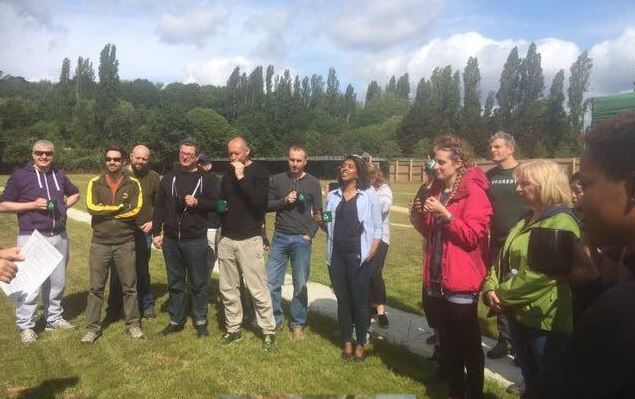
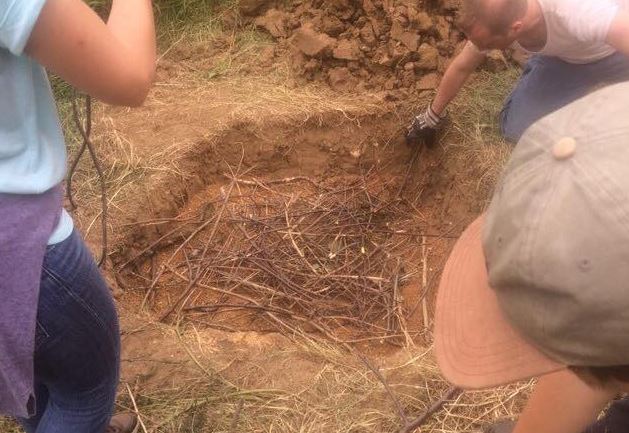
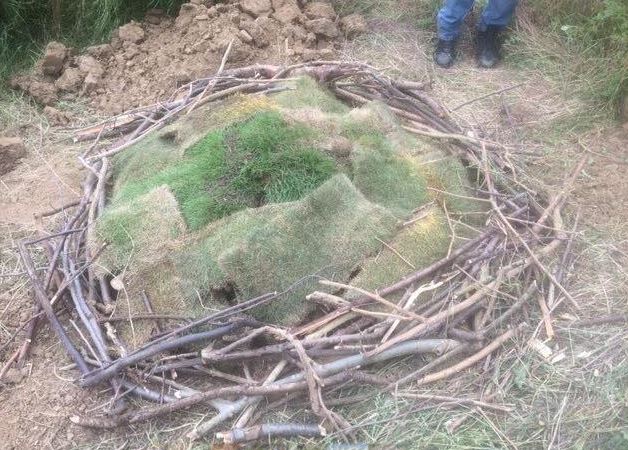
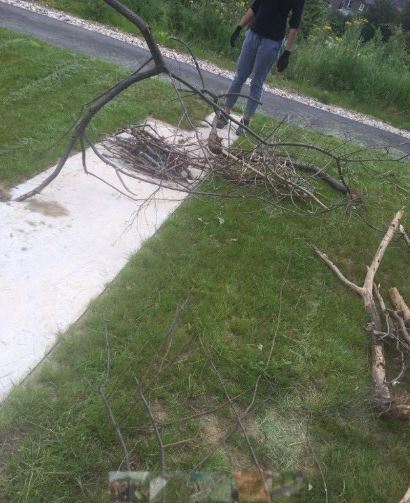
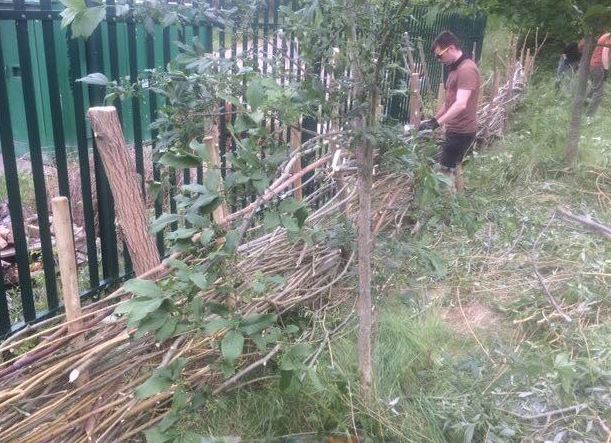
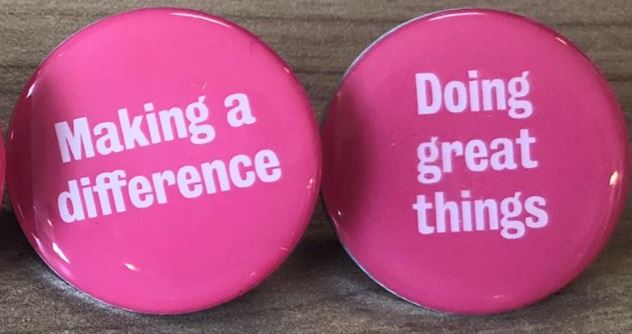
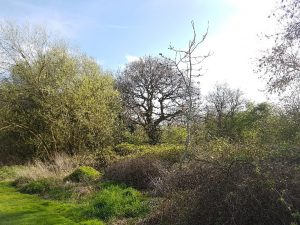









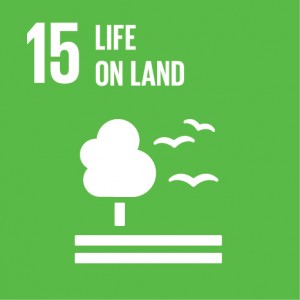 the Non-human Sphere has helped raise the profile of my wonderful country the DRC and also the innovative approach my foundation take to the conservation of gorillas.”
the Non-human Sphere has helped raise the profile of my wonderful country the DRC and also the innovative approach my foundation take to the conservation of gorillas.”